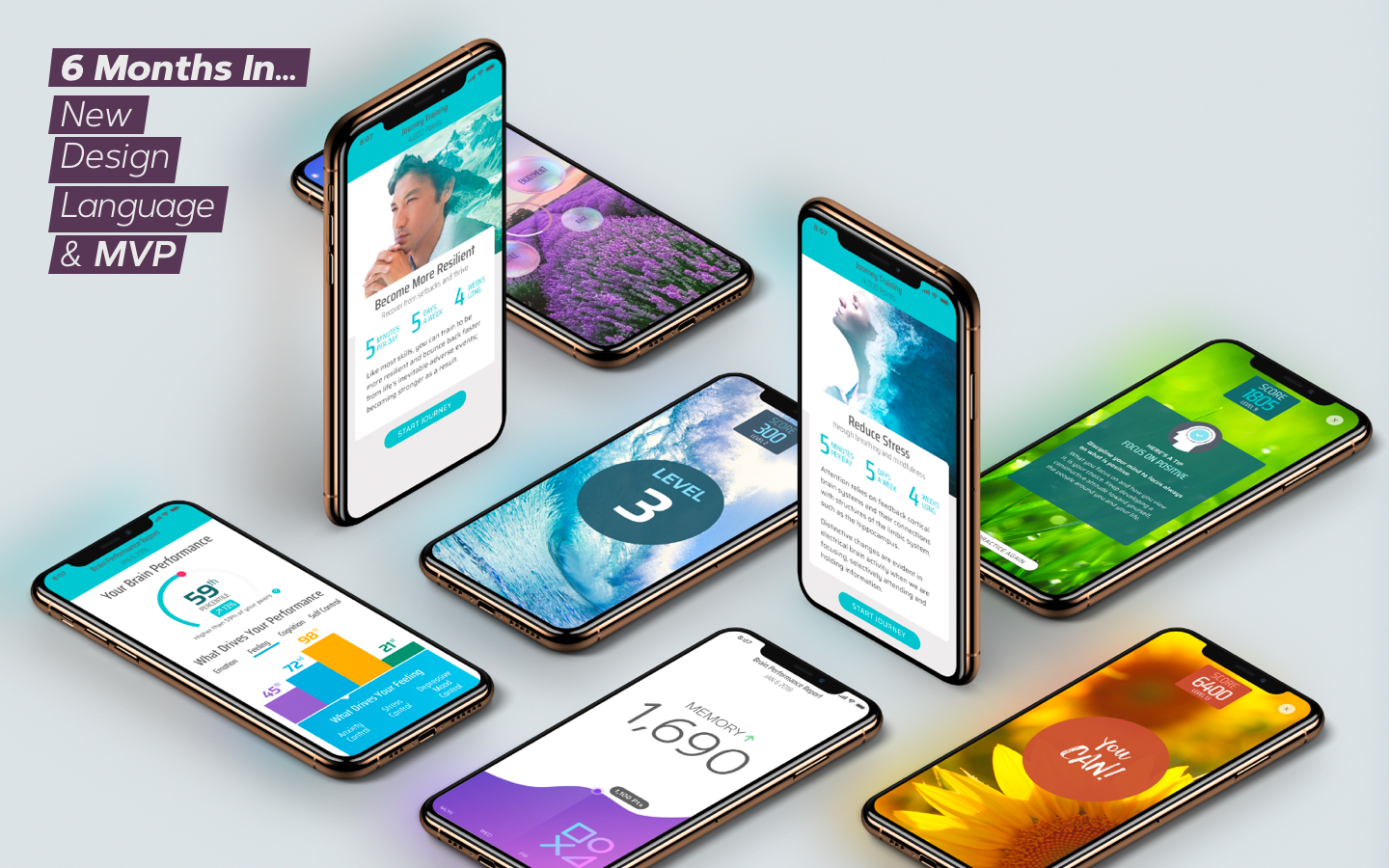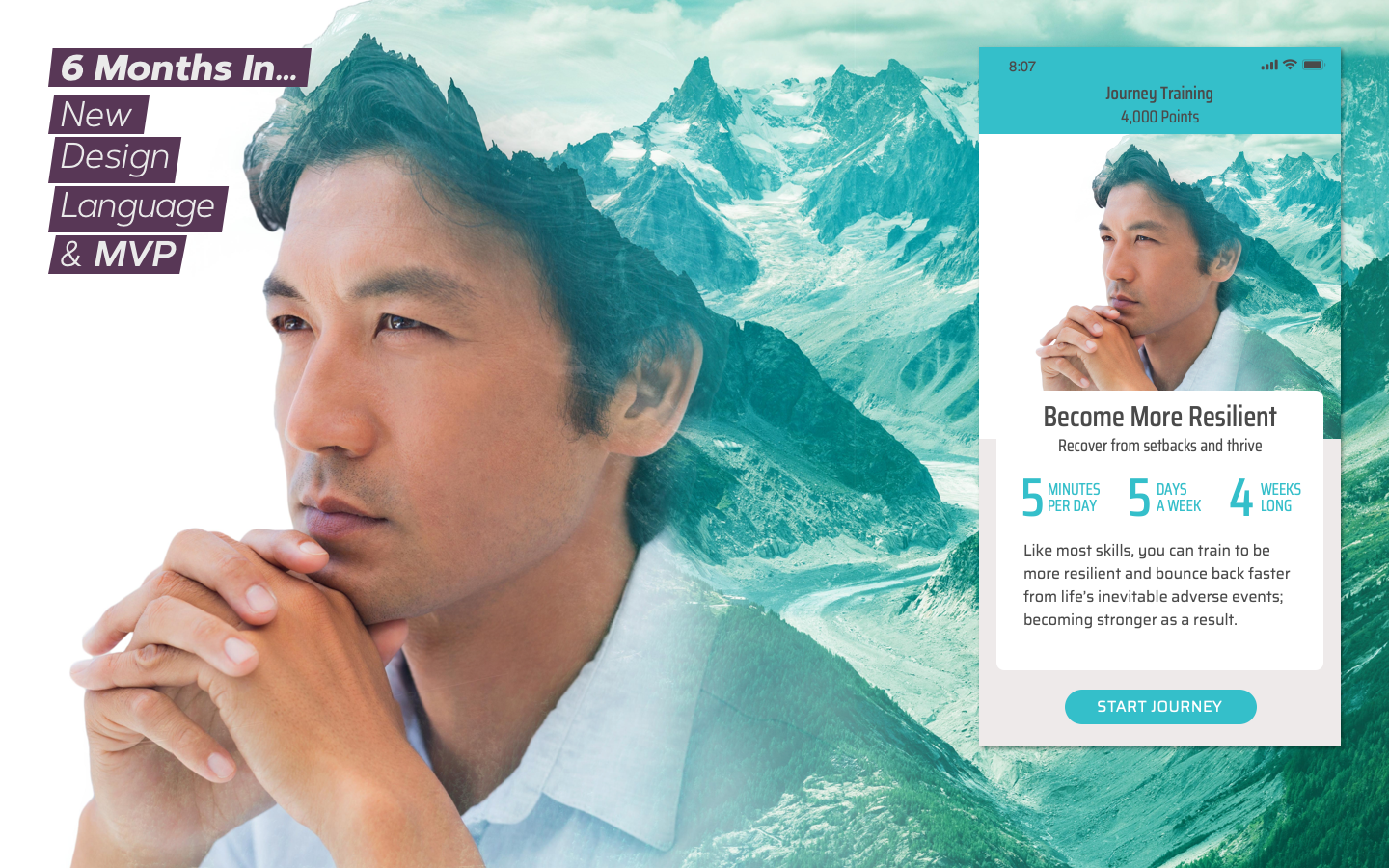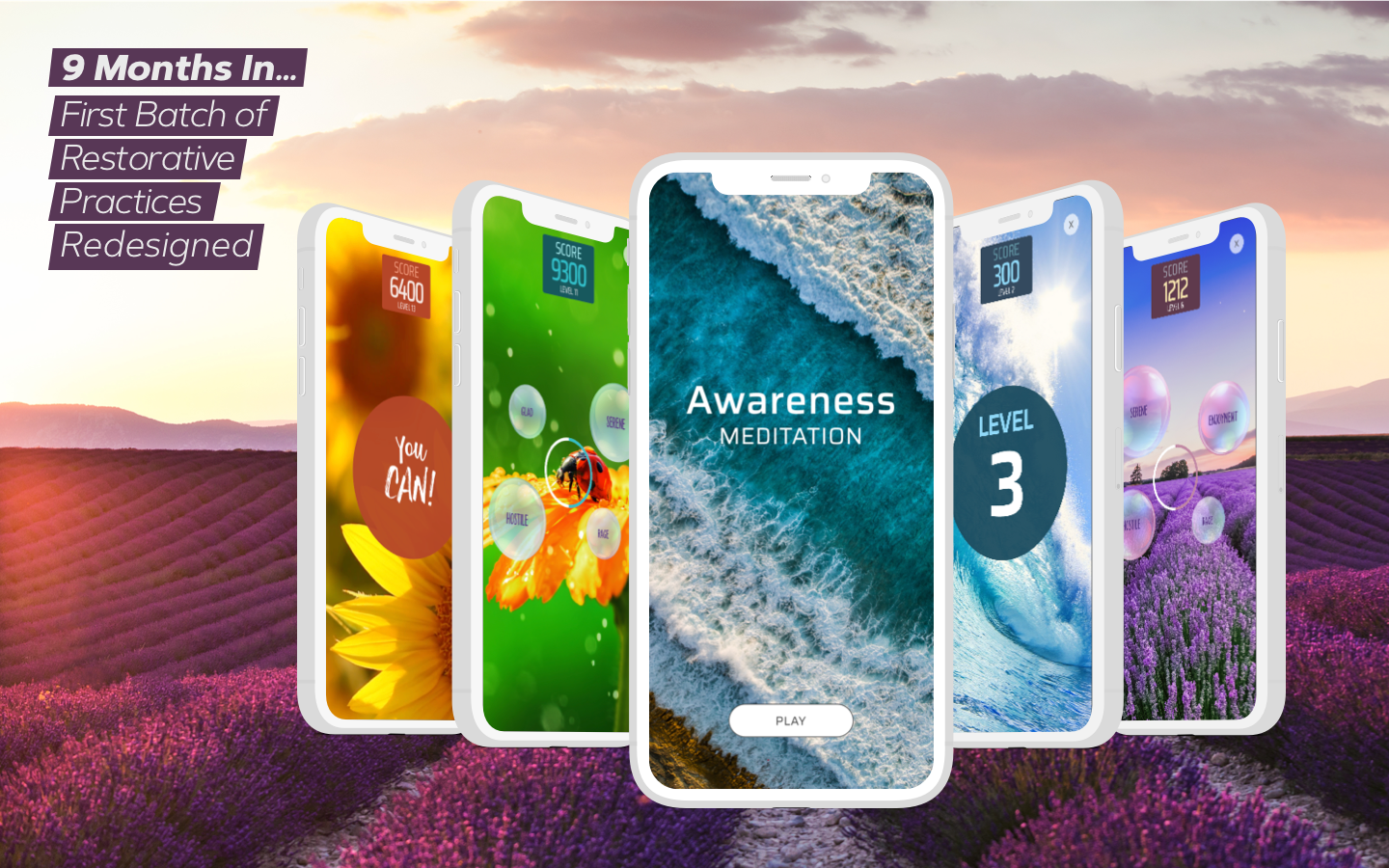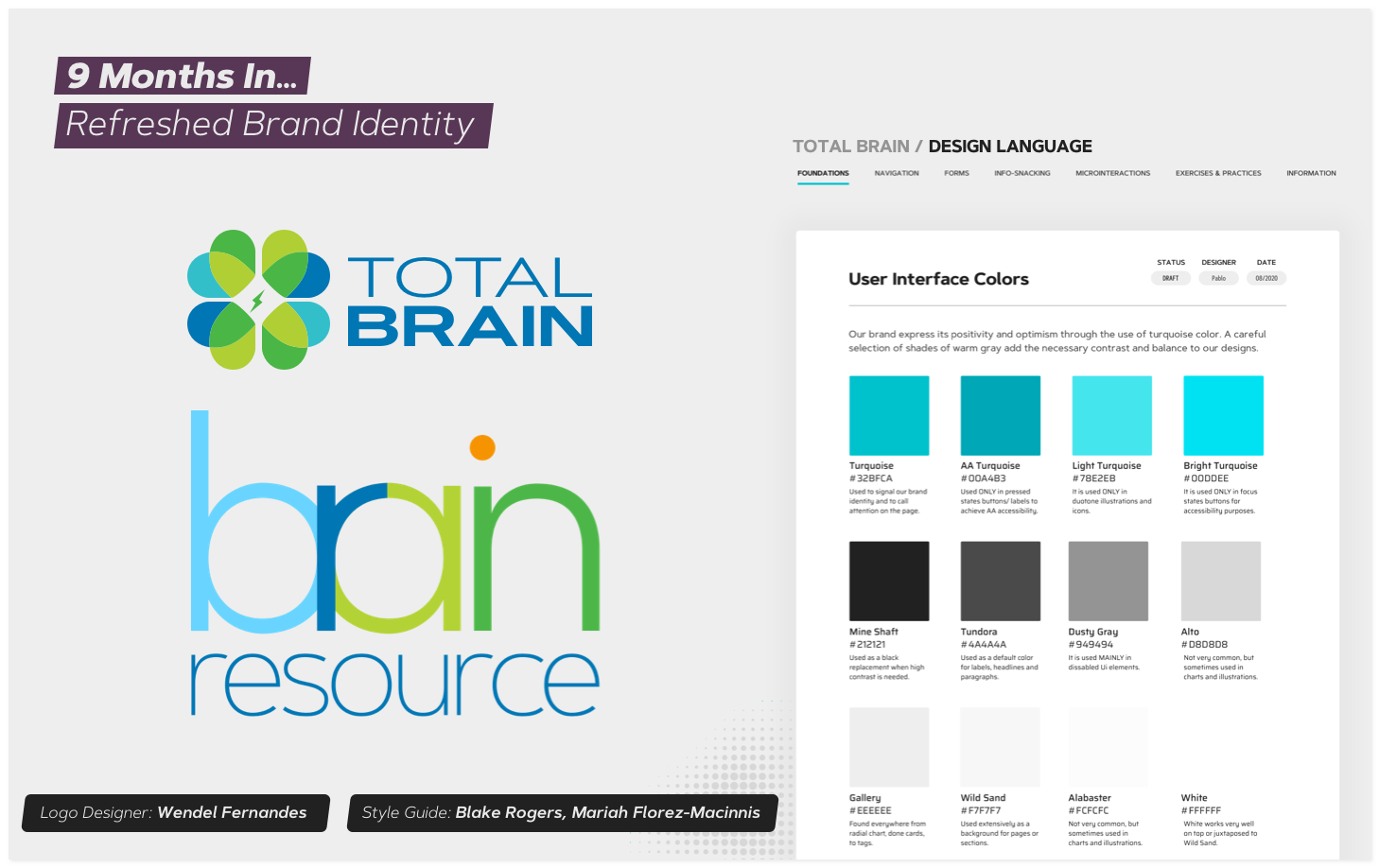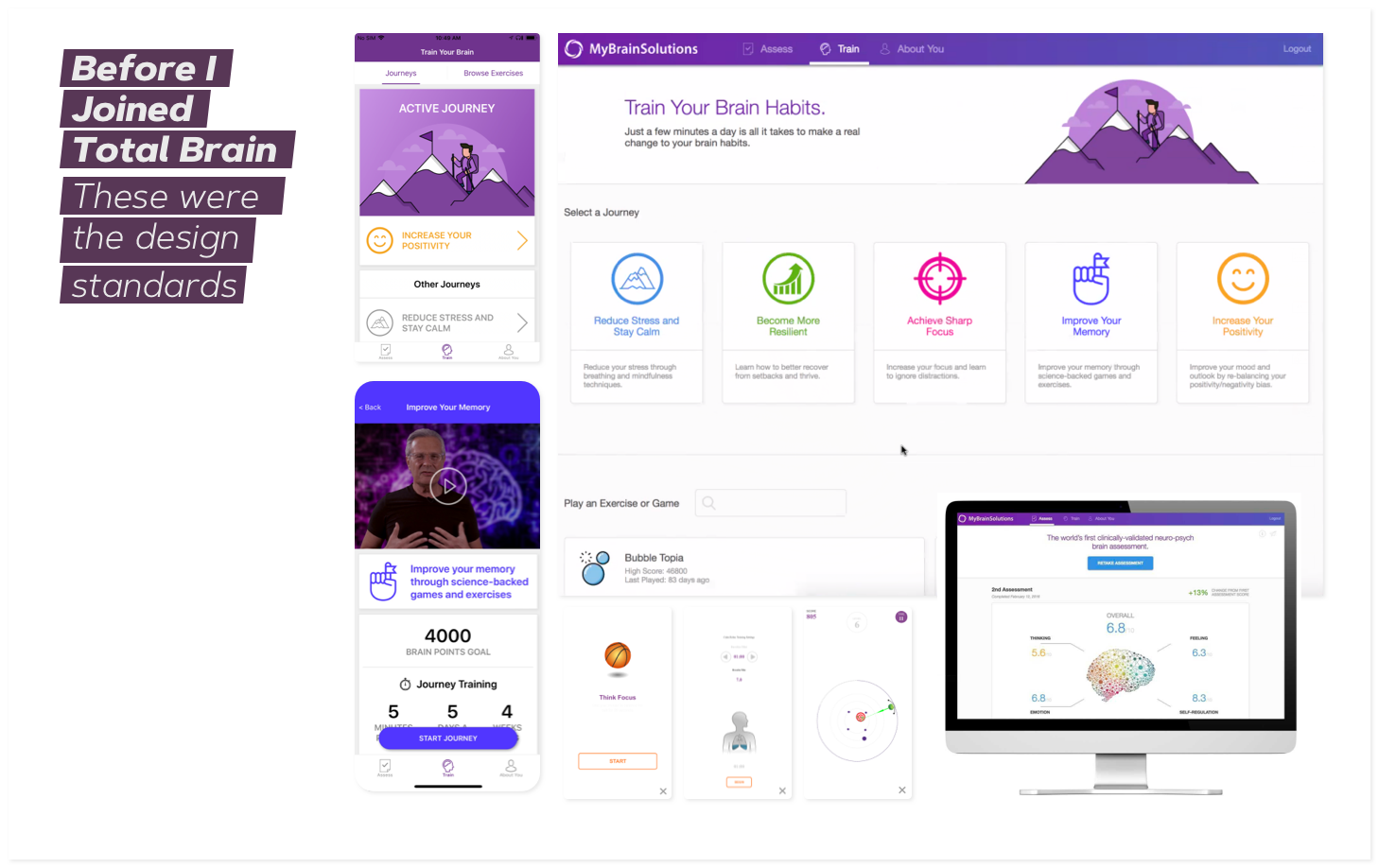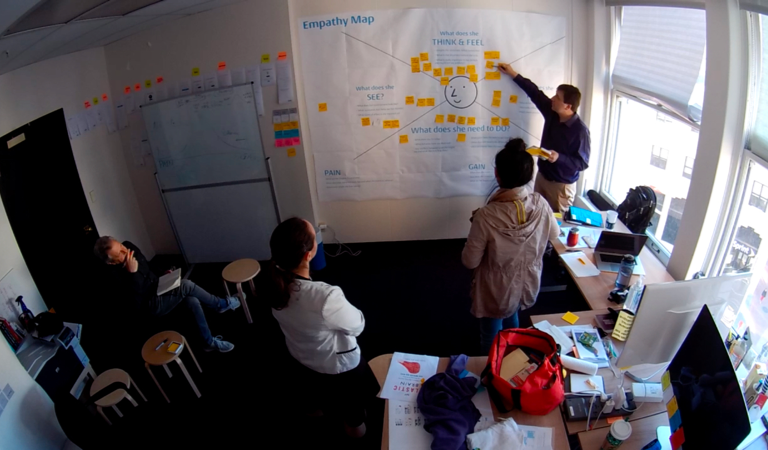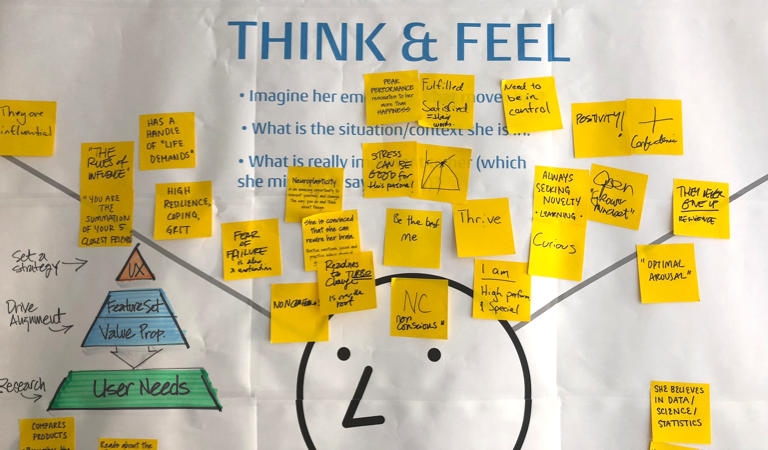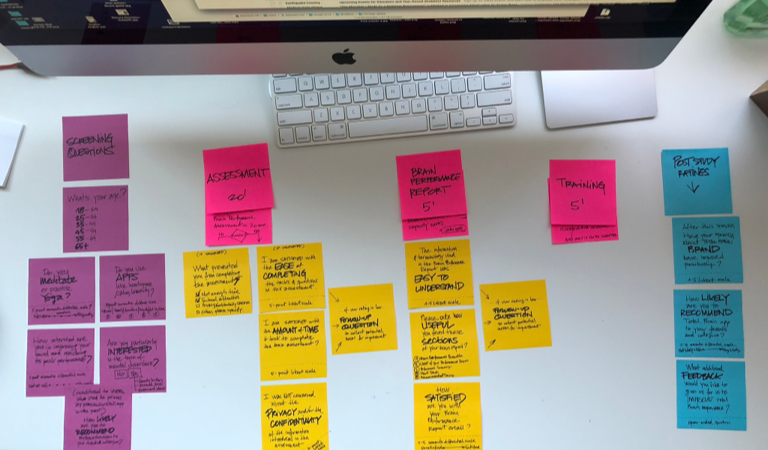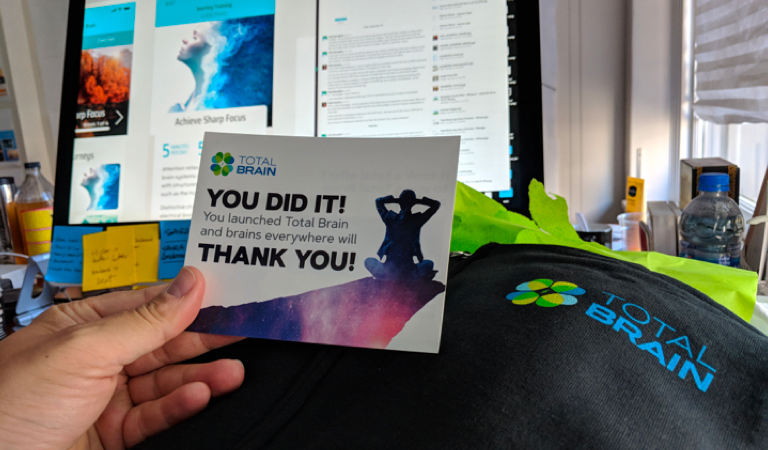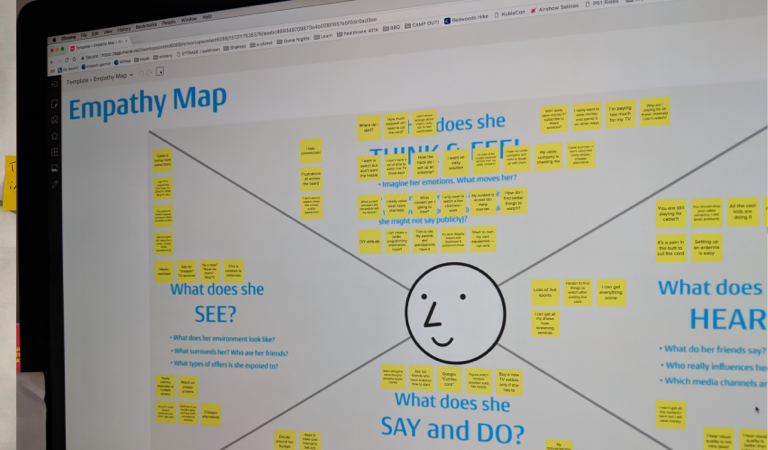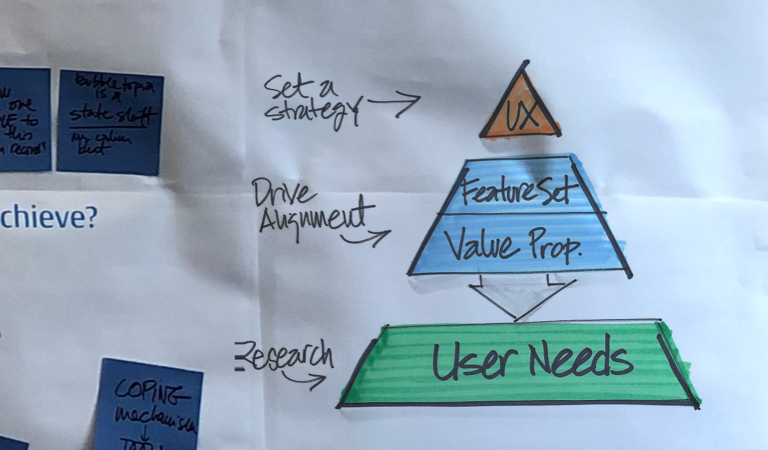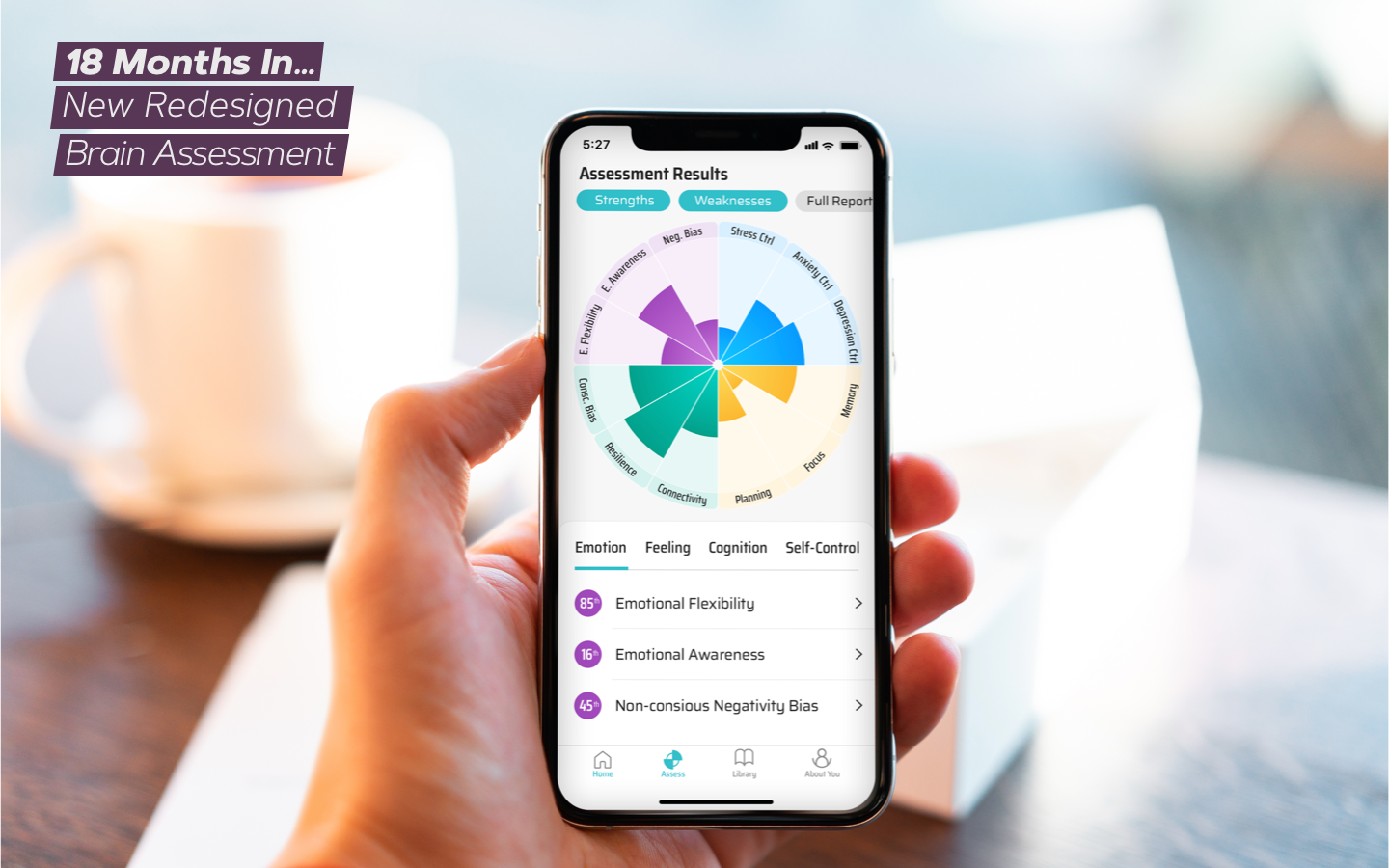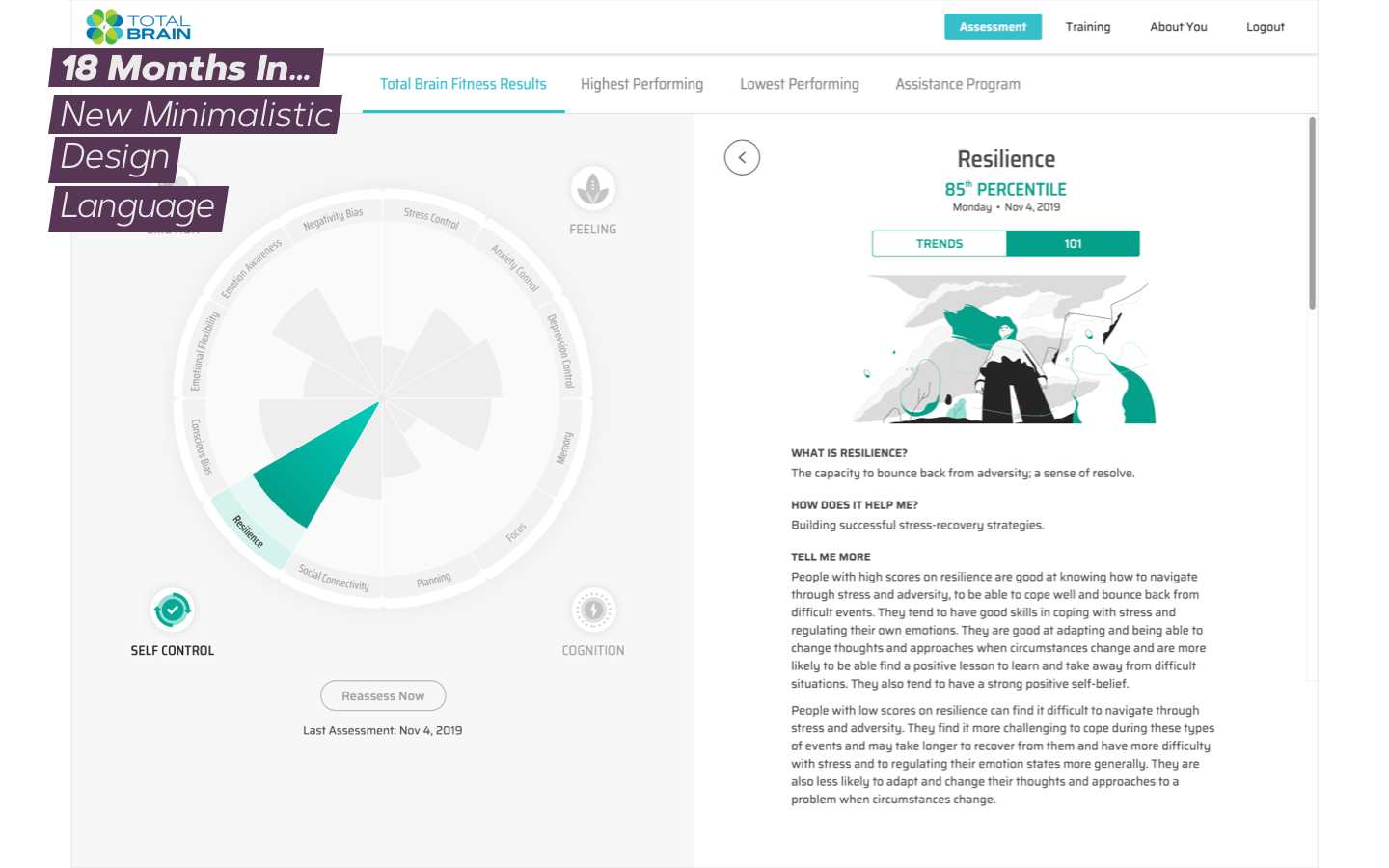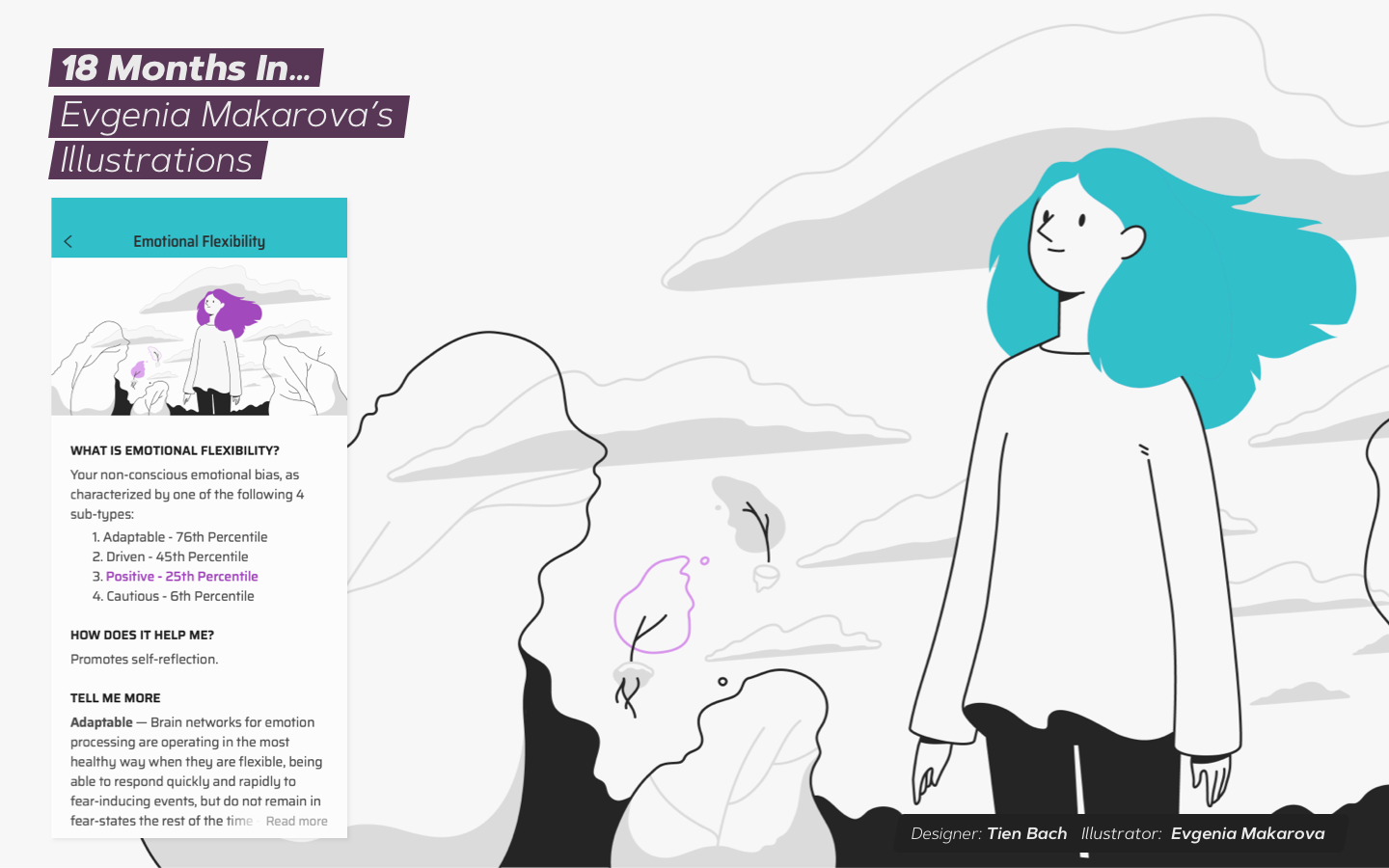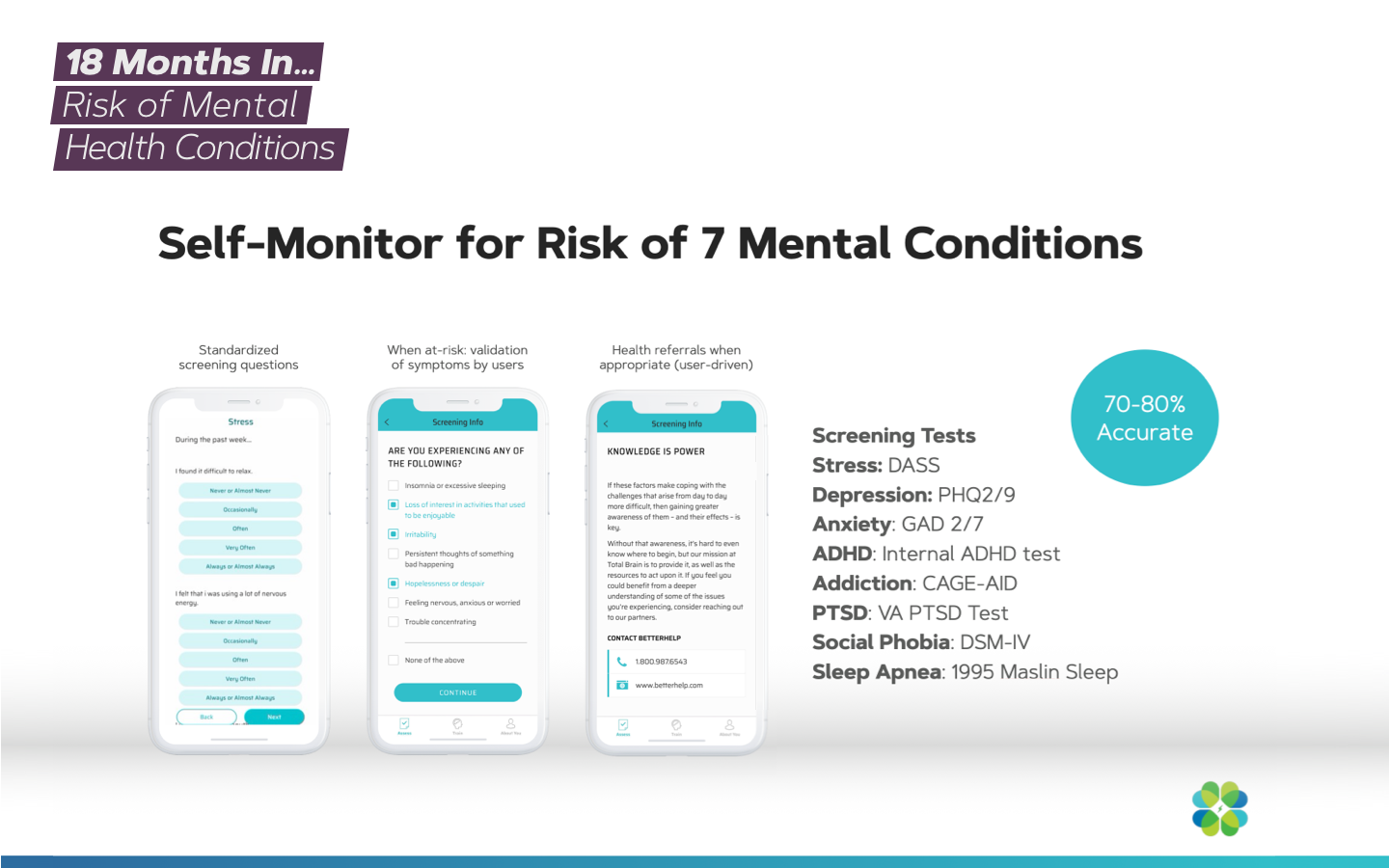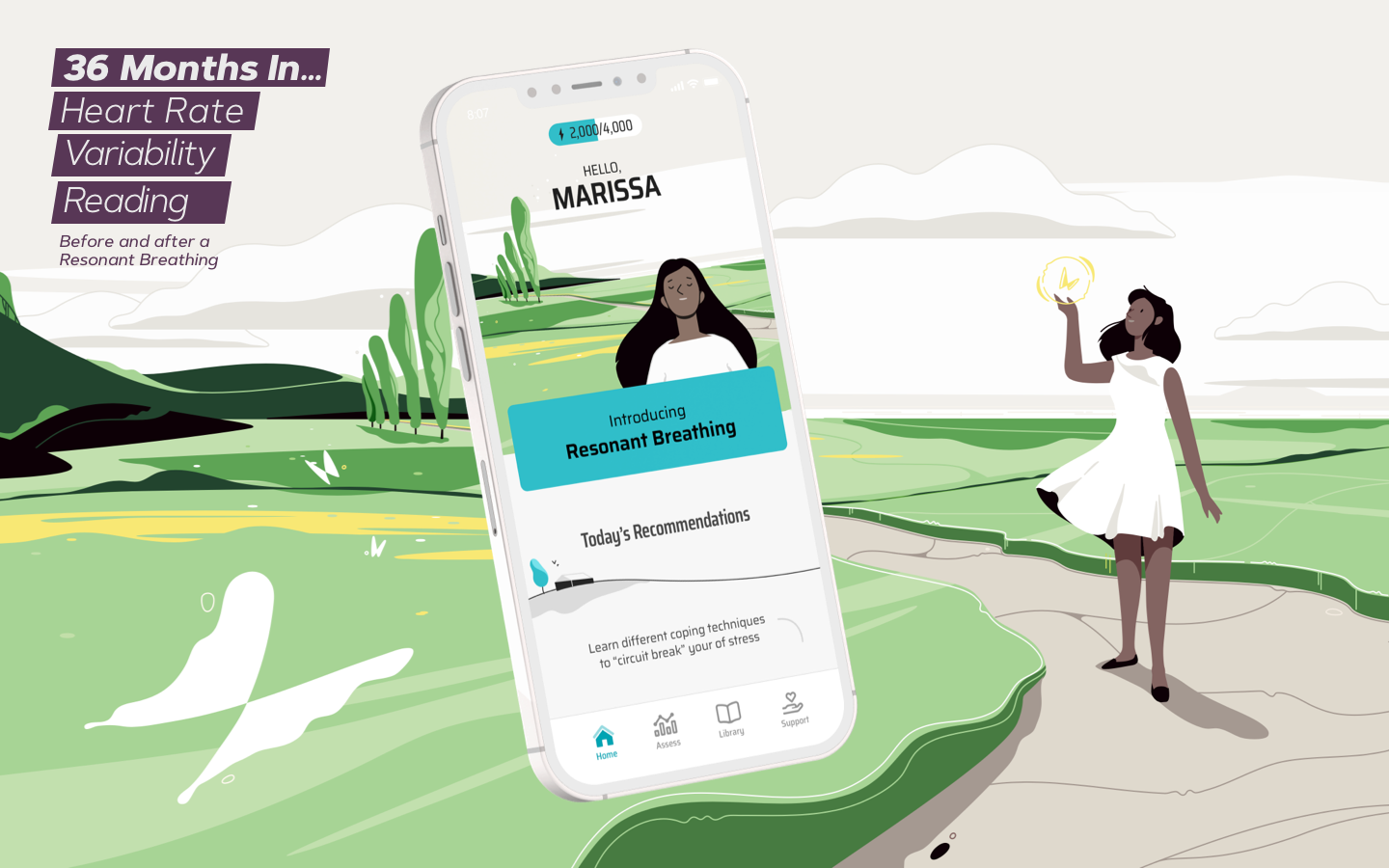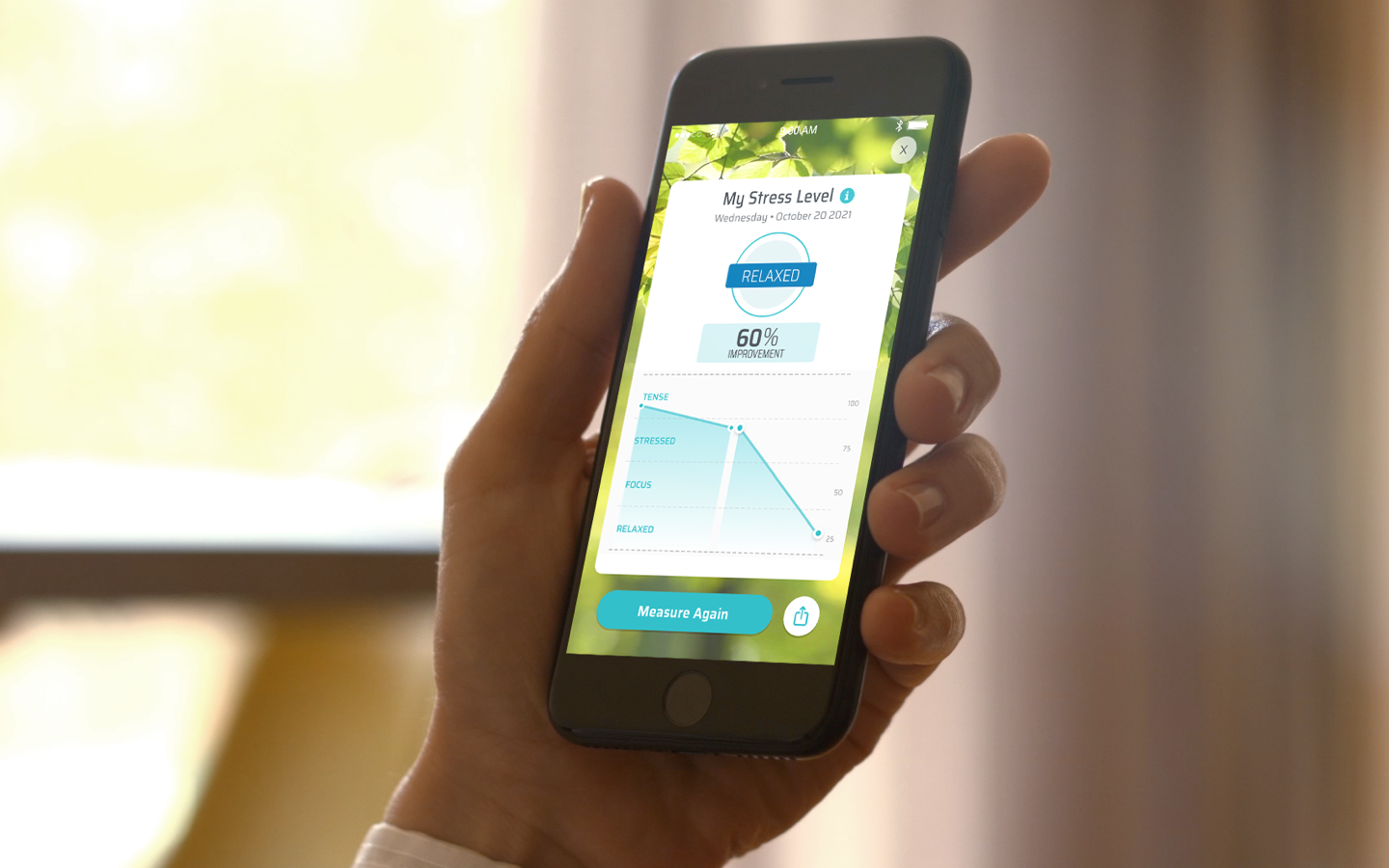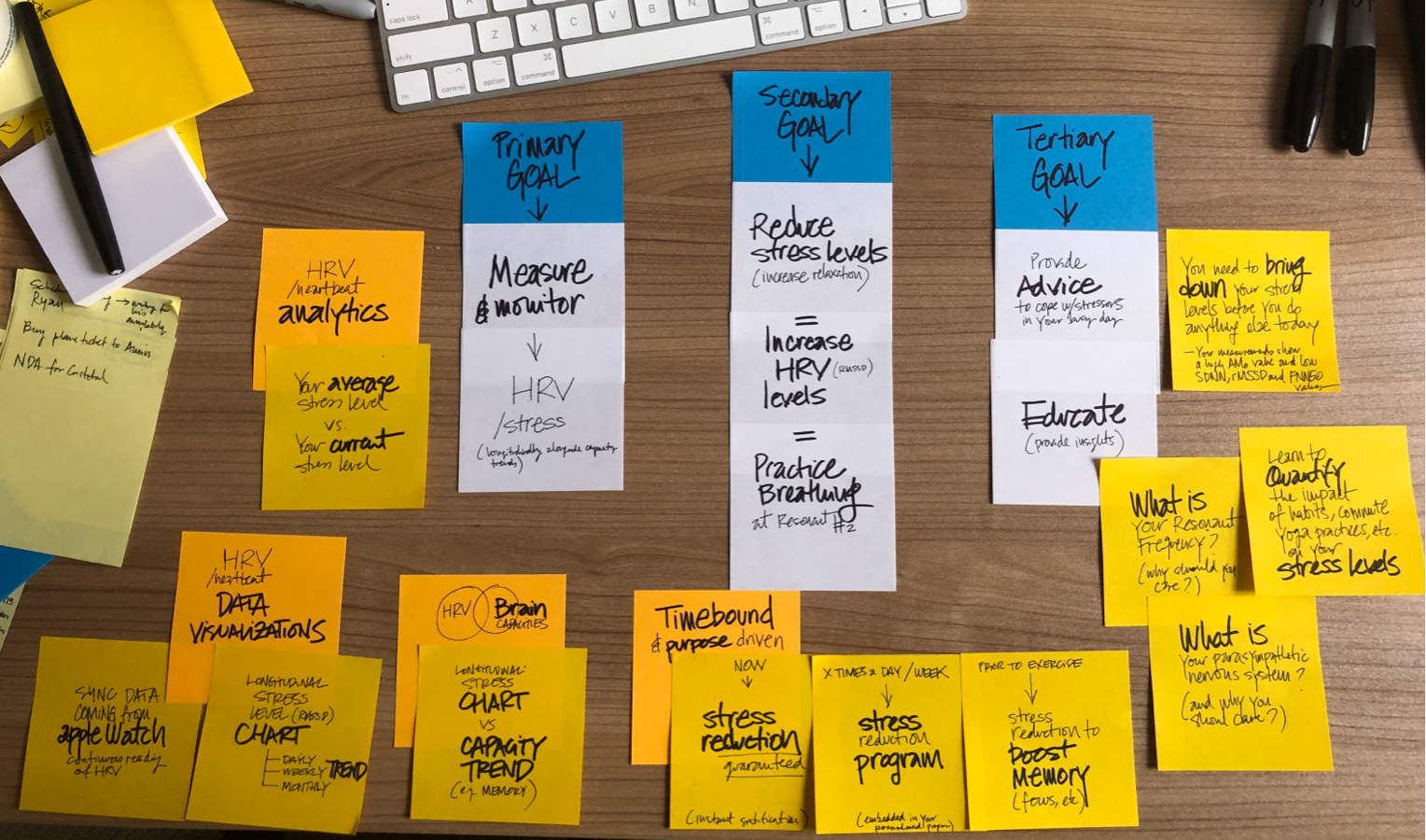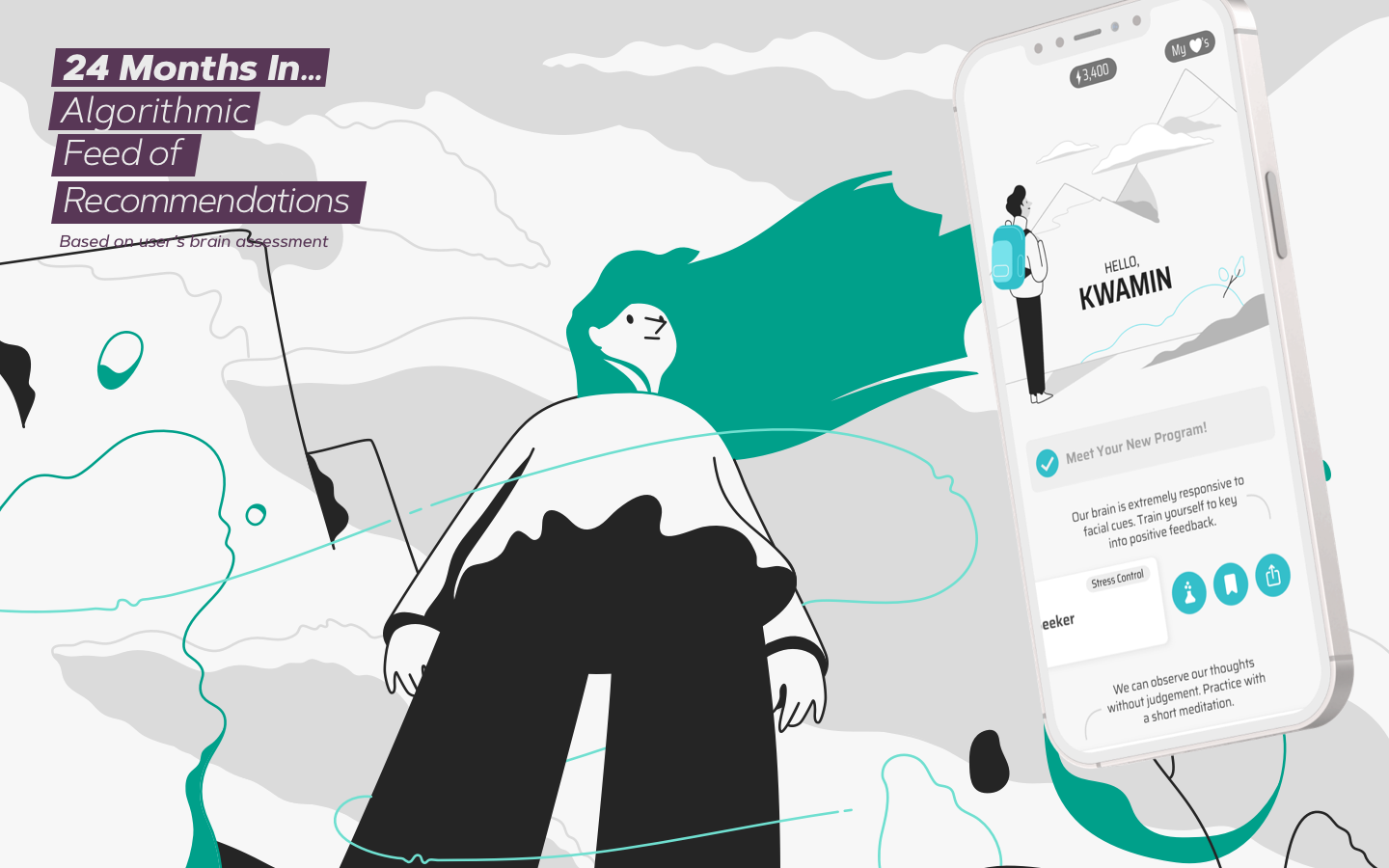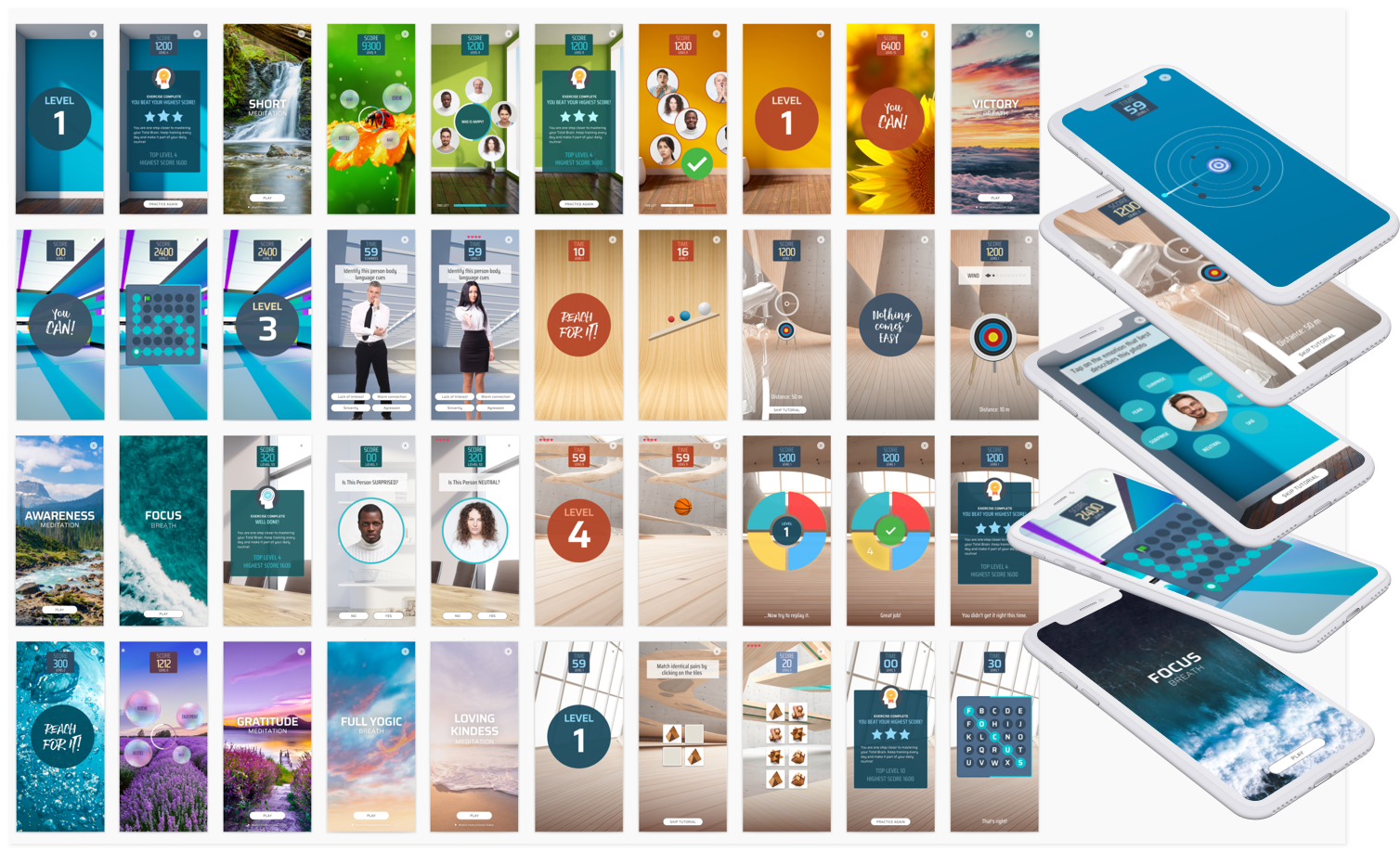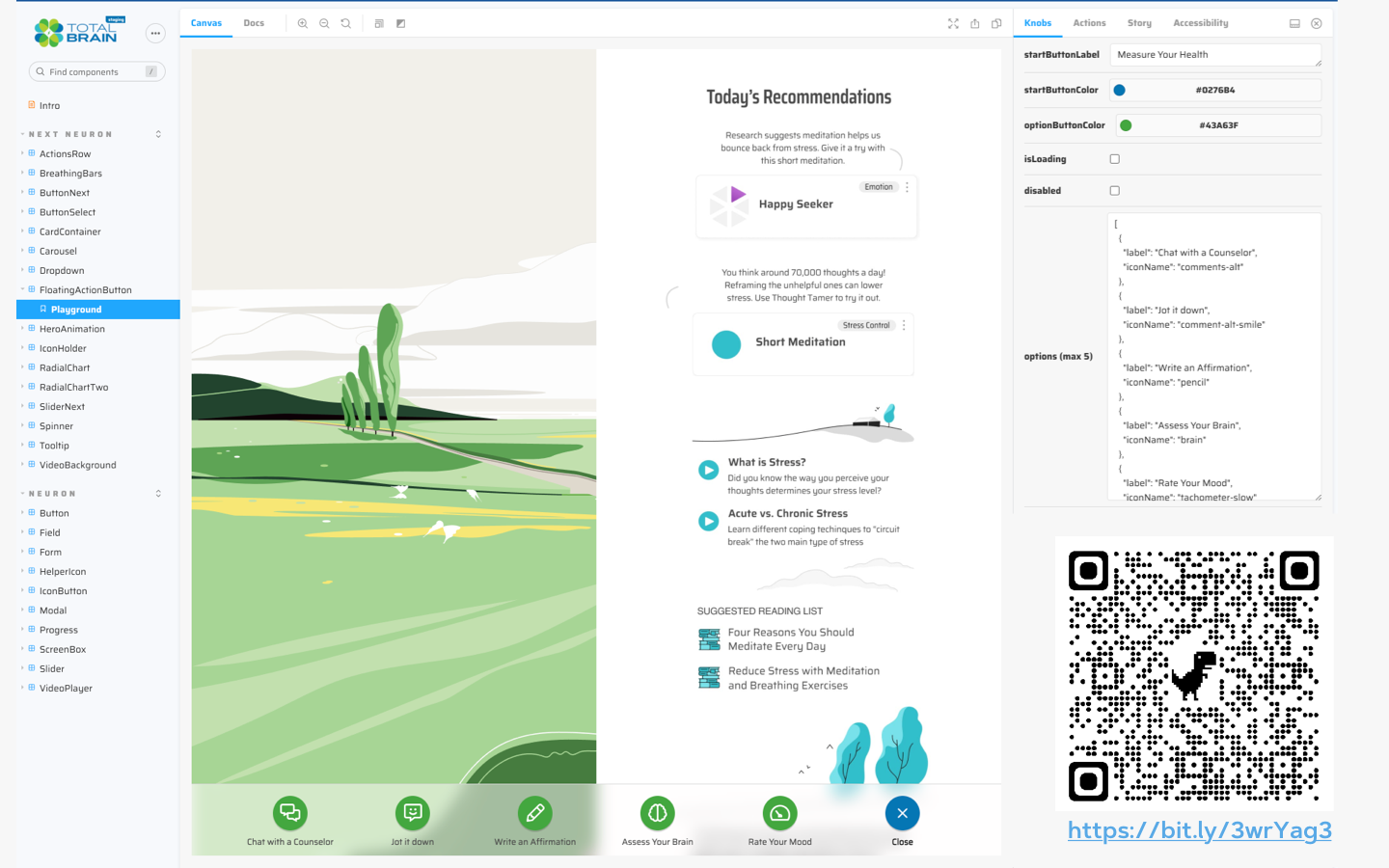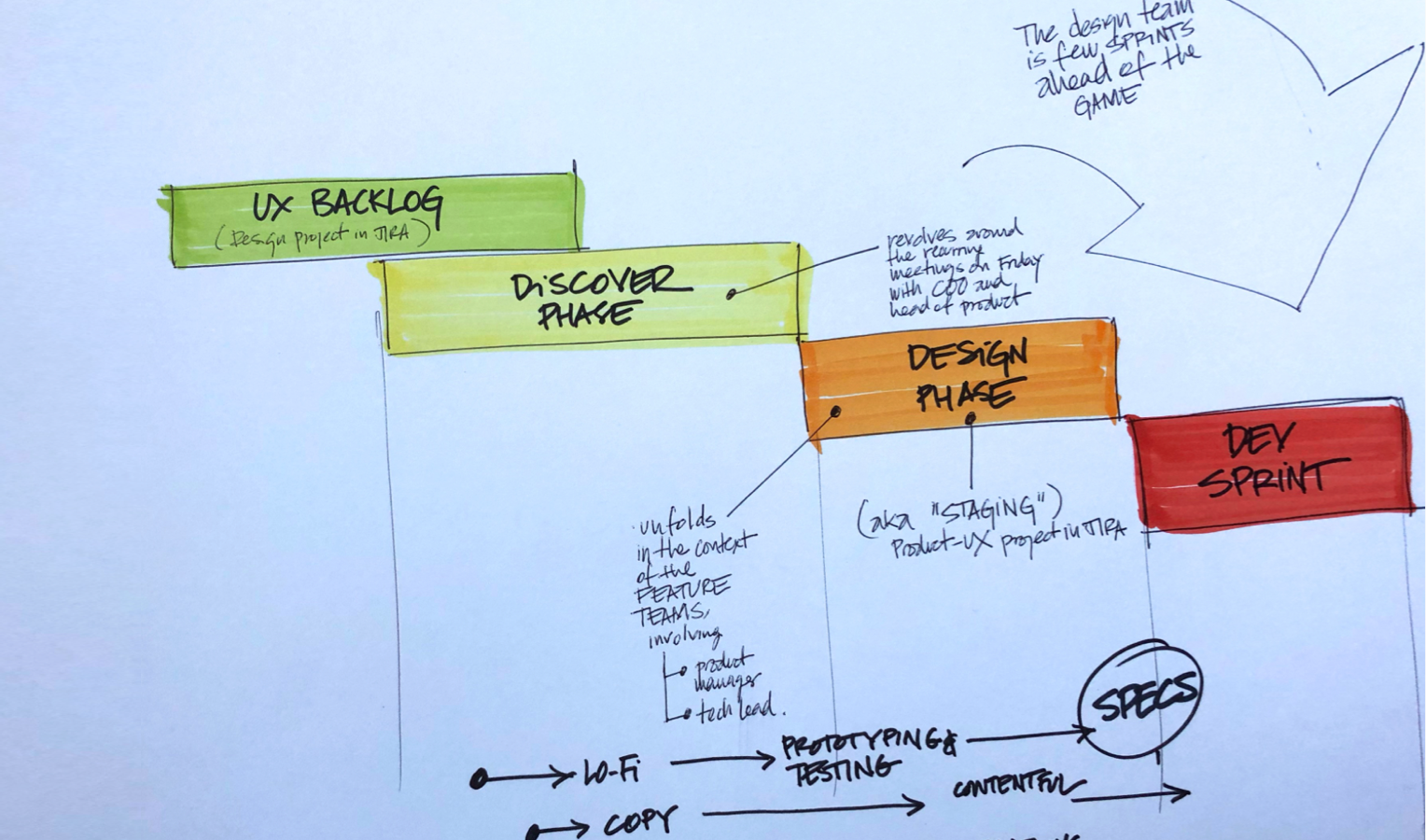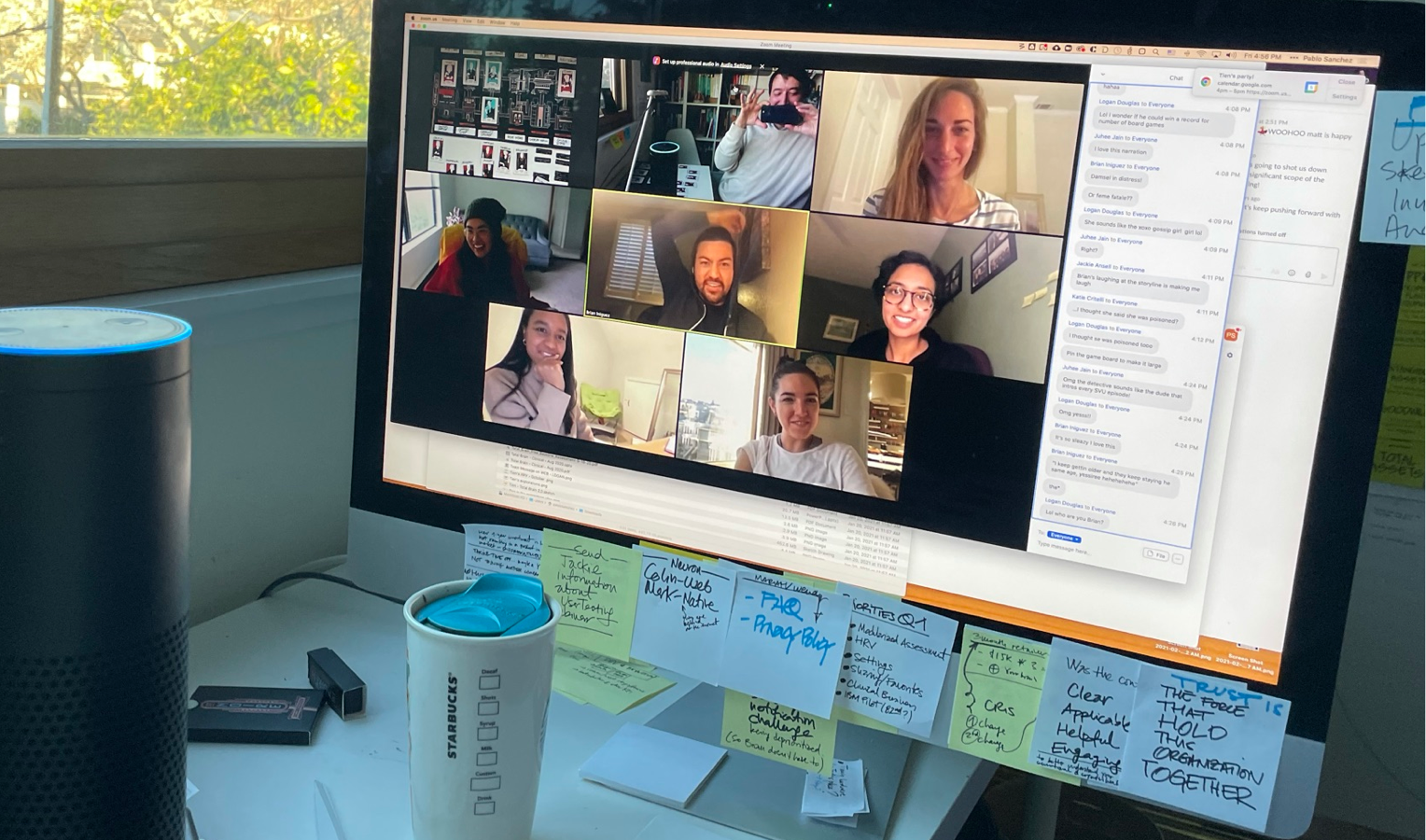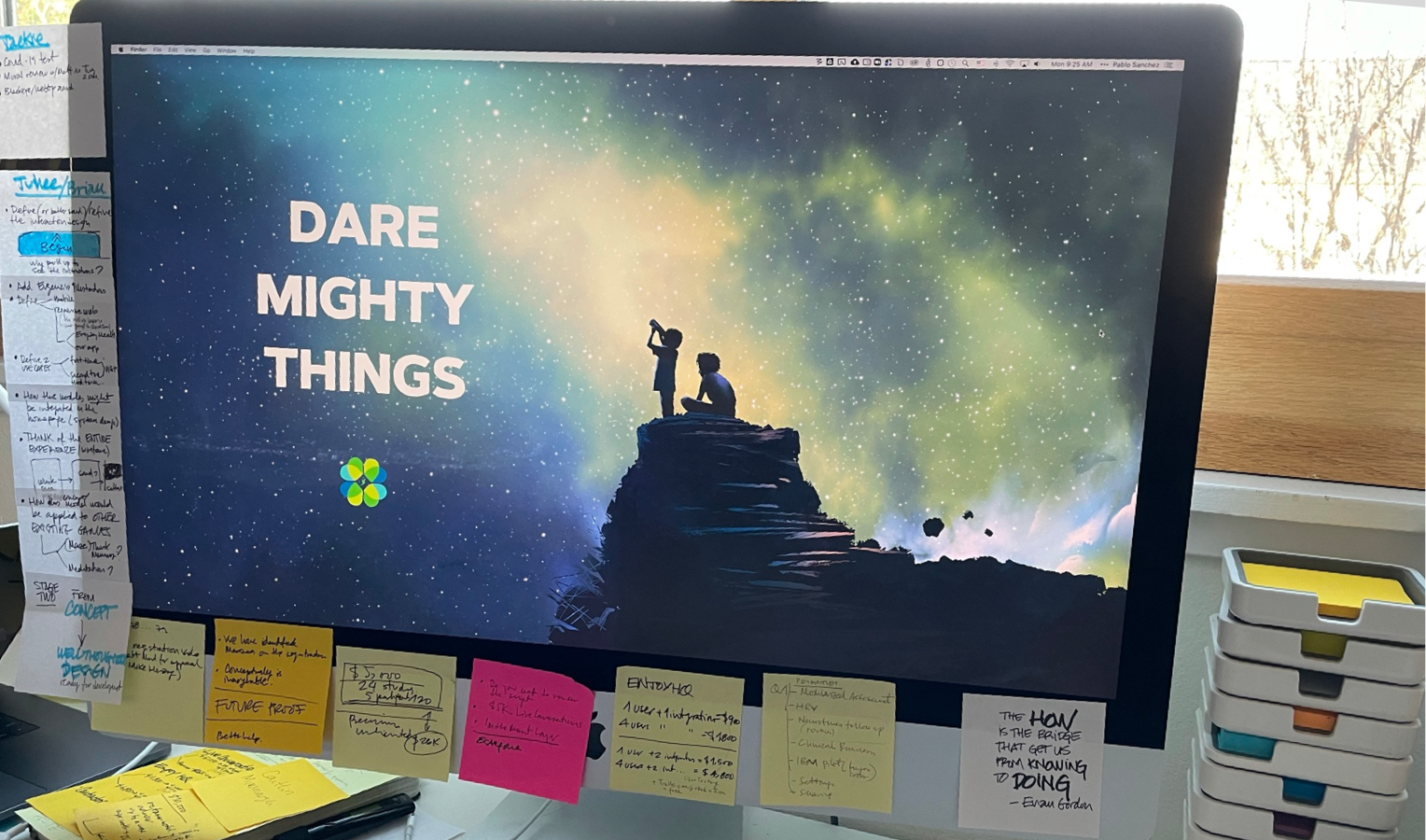In December 2017, I received a call from my good old friend Louis Gagnon. He got a job offer for me that I couldn’t refuse. Before this hard-working French Canadian guy went on to report to Jeff Bezos, we used to work at the same company but on different continents. He appreciated enormously my work leading the European design team based in Prague. When he became the global VP of Product and Innovation, he relocated me to Boston and promoted me as global UX Director. Our collaboration had a happy ending, with a Webby Award and all. Eventually, we took different professional paths but always wanted to work together again. Ten years later, that opportunity presented itself when Louis became CEO of Total Brain, a company devoted to mental health – one of his lifelong passions. By then, my kid had recovered entirely from autism. It was about time for me to pay forward.
A few months earlier, Louis joined forces with Dr. Evian Gordon, MD, Ph.D. – a leading neuroscientist who had already invested 18 years and $60M building the largest standardized brain database in the world –with 600,000 registered users– and an app called MyBrainSolutions capable of screening for seven mental health conditions.
When I joined Total Brain, Louis and Evian had already assembled an engineering team in San Francisco ready to materialize their vision. Their ambitious goal of destigmatizing mental health included the complete redesign of MyBrainSolutions. The plan was to provide users with the most comprehensive and easiest-to-use brain assessment in the market. In addition, users would have access to a wide variety of exercises to improve twelve specific brain capacities. Large organizations would subsidize the price of Total Brain subscription for their employees, and their executives would have an anonymized brain profile of their employee base. And that would solve a myriad of practical questions flooding HR departments like How the company is dealing with anxiety? What about the stress associated with Covid-19? Are men in our organization more prone to depression than women? Or is it the other way around? What is the productivity cost of not investing in the mental health of your own employees? What can be done to alleviate the situation?

